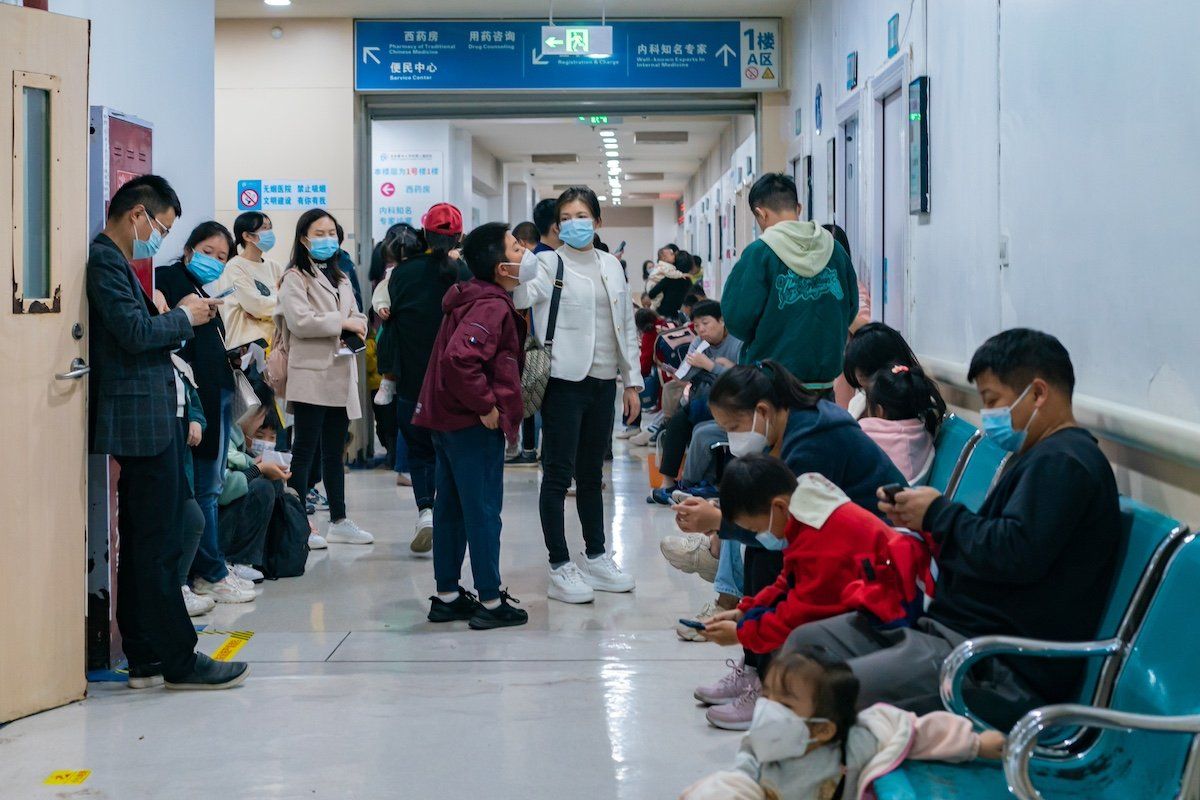Since October, China has been tracking an outbreak of pneumonia cases among children that has seen thousands of daily hospitalizations in major cities. A children’s hospital in Beijing reportedly admitted, on average, 7,000 children daily, in late November. But Chinese health authorities, responding to a data request from the World Health Organization, say they see no evidence of links to new germs.
Still, the illnesses have China’s neighbors on edge. Vietnam, India, and Taiwan are taking proactive preventative measures – asking pediatricians to monitor for pneumonia cases and conducting preparedness tests of their healthcare systems.
Beijing’s light-touch approach at home, and relative transparency with the WHO, suggests it believes the outbreak is under control. There have been similar upticks in pneumonia among children in Denmark, the Netherlands, and in a county in Ohio, but data from the US Centers for Disease Control suggests they are not linked to China.
No lockdowns. China isn’t responding with drastic measures – doctors, after all, know how to treat pneumonia-causing bugs. Besides, Beijing really can’t afford a COVID-style lockdown right now, politically or economically.
“Beijing was badly burned economically and socially by the policies that they imposed on themselves during COVID-19,” says Eurasia Group Senior Analyst Dominic Chiu. “Unless there's a very, very strong reason to do so, they're not gonna reimpose them.”
Already facing a sluggish growth outlook and with no end in sight for the local debt problem or property market turmoil, discretion looks like the better part of valor.
The US shrugs it off. While five Republican senators called for a travel ban to and from China last Friday, the Biden administration didn’t bite. The White House isn’t keen to disrupt the delicate stabilization it seeks with Beijing.
But the US and China have also missed out on an opportunity to build some trust. Public health was not among the subjects that Washington and Beijing agreed to establish communication channels over when Joe Biden and Xi Jinping met last month. There isn’t sufficient mutual trust to improvise, according to Chiu, and thus the opportunity to work together has been lost.
“US-China relations are at a point where direct collaboration and coordination is impossible and has to be done through a third party like the WHO,” he said.
But Chiu is watching for any signs of Congress trying to go around the administration to enact a travel ban on its own. GOP lawmakers don’t have much to lose by being tough on China, but Democrats in Congress don’t have much reason to back them — and Biden can veto any such attempt. He’s not about to throw out over a year of hard work building back relations with China.
